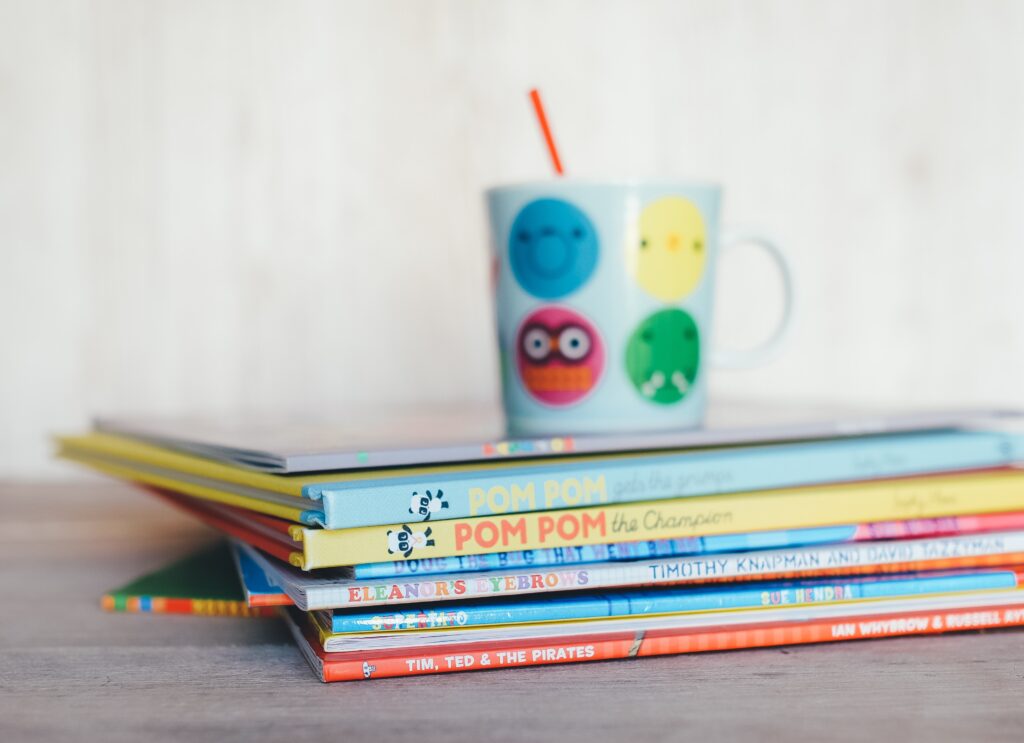When chatting with parents before, I often heard many mothers complain that their children are very resistant to primary 3 Chinese tuition.
“Mom, I don’t want to learn Chinese anymore, Chinese is so boring!”
“No, I have to go! Don’t be self-willed, be good.”
“I hate Chinese!”
Looking at the baby’s red eyes, most mothers dare not say a word to their children at this time, for fear of causing their children’s rebellion against Chinese; some mothers start to question themselves, is it right to insist on letting their children learn Chinese? (If you want to know more about Chinese, please feel free to click here~)
I believe that you who clicked into this article must have encountered a similar situation.
In order to escape the Chinese class, the children often fought wits and courage with the old mothers. From the initial verbal resistance, to pretending to be sick and staying in bed, everything that can be used.
Although most of the children’s tricks ended in failure, there is no winner after a fierce battle. The child’s idea of “not wanting to learn Chinese” has not been dispelled, it is only a temporary submission to the authority of the parents.
After a long time, children will feel that their inner voice has not been listened to and understood by their parents. As learning Chinese becomes more and more difficult, children who do not experience the joy of primary 3 Chinese tuition will inevitably have stronger resistance.

With the rise of overseas Chinese fever, more and more parents send their children to Chinese schools to study. However, when it comes to how to help their children learn Chinese, many parents often have some problems.
Discussing these problems and proposing solutions will play a very good role in the communication between teachers and parents.
Widespread problem~
1.Sending children to school too early.
Many parents are very enthusiastic about letting their children learn Chinese, and they can’t wait for their children to come to primary 3 Chinese tuition when they are 4 years old. But I didn’t expect that from a psychological point of view, such a young child could not adapt to the continuous 3-hour Chinese class study.
They can’t concentrate in class and can interfere with older students’ learning.
Moreover, since young children’s eyes and hand bones are not mature enough, writing in small grids too early can easily cause myopia and wrist pain, which greatly affects their original enthusiasm for learning, and even fears going to school.
According to our teaching experience, I think it is more appropriate for children to go to Chinese schools when they are 6 years old.
At that time, the children had already started to go to elementary schools in Germany, became familiar with school life, and their physical conditions had also adapted to the requirements of learning.
So, how should 6-year-old children learn Chinese? Our suggestion is: qualified parents should speak more Chinese with their children, read nursery rhymes to them, and teach their children to read with flashcards.
If the child has the requirement to learn to write, it is best to let the child learn to write on the blackboard, sand table or large sheets of paper.
Do not write small print on the grid book. In this way, children can always maintain their interest in Chinese. Prepare yourself for studying in a Chinese school in the future.
2.Be eager for success.
Many parents have great hopes when their children are sent to Chinese schools. It is best for the child to become fat in one bite, and learn a lot every time. In the freshman class, you can often see this situation:
As soon as the teacher announced that get out of class was over, parents rushed into the classroom to check how many new words their children had learned. Then ask the child to write to them, regardless of this should be the child’s rest time.
Sometimes children do not write well, and they have to be criticized, which makes the children teary, and they don’t want to go to the next class.
This kind of practice is really undesirable. It must be known that interest is the greatest motivation for learning. Too much pressure will dampen children’s enthusiasm for learning.
What’s more, the teacher has his own teaching plan, not how many new words are taught in every class, sometimes it is review, such as flash card recognition, and sometimes it is test, such as recitation of nursery rhymes. Don’t think that if you don’t teach new characters, you haven’t learned something.
Three hours of continuous Chinese classes are already stressful enough for children (parents, please just imagine how you felt when you first learned German), otherwise ordinary primary and secondary schools would not need to painstakingly stagger the various classes in order to arrange the timetable.
Therefore, parents are asked to give their children enough rest time between classes, and do not put pressure on them at this time.
Tutoring children to learn Chinese is a long-term job that requires patience and perseverance. The most taboo is to be eager for success first, and then let go of it later.
It is recommended that parents spend a little time every day (15 minutes is enough) to help their children learn Chinese, such as listening to their children reading aloud, reciting, or dictating new words to their children. Instead of focusing on raids on weekends.

When your child expresses negative emotions about Chinese for the first time, don’t rush to get angry, I will give you a big praise first! When your child encounters a problem, you can take the initiative to speak out, which shows that in normal life, you and your child Very effective communication took place.
When the child sends out his distress signal, the parents should not immediately get angry or get angry, first of all, they must express their position, we are friends on the same front, not enemies.
You can share your childhood experiences:
“Mom couldn’t tell the difference between pinyin and English when she was a child, but you are so good at learning, much better than your mother!”
You can also fully understand the child’s mood and then encourage:
“Mom understands your feelings very well. Writing Chinese characters in primary 3 Chinese tuition is indeed more difficult than English, but you can learn so many Chinese characters in one class, which is really amazing!”
In the process of learning Chinese, children will face one challenge after another. It may be that just because a word is not written well will hit the child’s confidence and motivation to learn.
At this time, parents must help their children build up their self-confidence in learning, and at the same time, from the perspective of their children, find out the problems that need to be overcome at present, and recognize and agree with their emotions.
I believe that after taking primary 3 Chinese tuition, the children will be full of confidence to meet the next challenge.